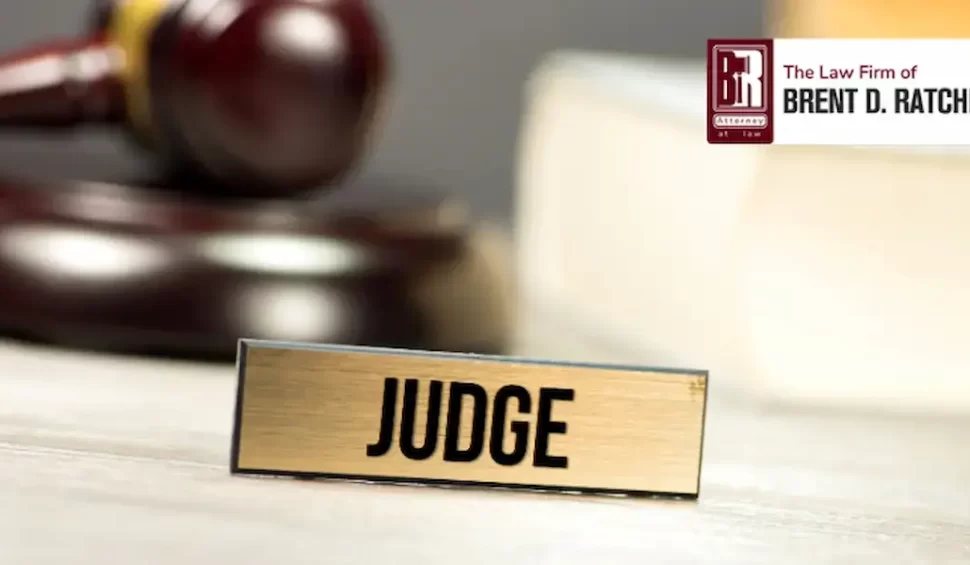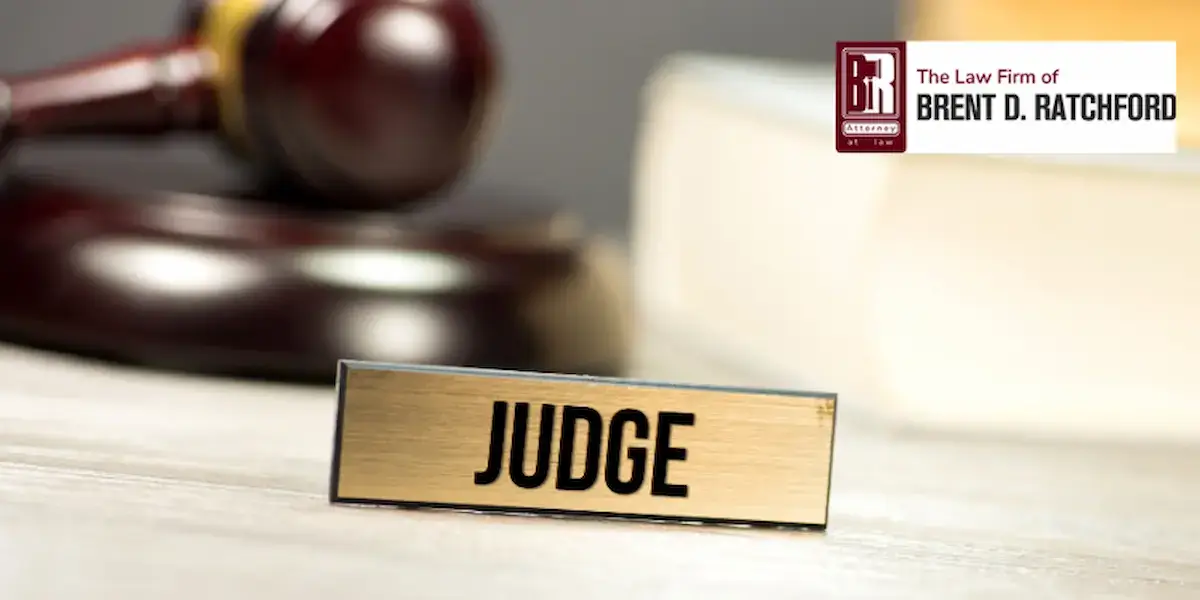Straightforward, Diligent Representation You Can Count On
Call Today For A Free Consultation
What Does Indictment Mean in North Carolina? 2025

Individuals who face criminal allegations in the state may ask, “What does indictment mean in North Carolina?” When someone is indicted in North Carolina, it signifies the start of a formal legal process, in which they are officially charged with a crime. An indictment is a decision made by a grand jury that there is enough evidence to proceed with criminal charges. Understanding what an indictment entails can help you navigate the legal system and better prepare for what comes next.
What Is an Indictment?
An indictment is a formal accusation made by a grand jury stating there is sufficient evidence to charge someone with a crime. It is commonly used in felony cases or serious offenses in North Carolina. The indictment process not only initiates formal legal proceedings but also notifies the accused of the charges, allowing them to prepare a defense. If you’re facing an indictment or other serious charges, consulting a Gastonia criminal lawyer can help you navigate the legal complexities and build a strong defense.
The grand jury, composed of citizens, reviews evidence presented by the prosecution to determine whether there is probable cause to move forward. If the jury agrees that there is probable cause, they issue a “true bill” of indictment. This step prevents criminal charges from being filed arbitrarily and makes sure the case meets a threshold of evidence before moving to trial.

What Happens After an Indictment in North Carolina?
After an indictment, the case moves into the trial phase of North Carolina’s legal process. The accused is notified of the charges during an arraignment, where they formally respond by entering a plea. Depending on the plea, the case progresses with pretrial hearings, discovery and, potentially, a trial.
The prosecution is tasked with gathering evidence to build its case, while the defense works to challenge the charges by identifying weaknesses in the evidence. Plea negotiations may occur at this stage if both parties seek a resolution outside of court.
Does an Indictment Mean Guilt?
No, an indictment does not mean guilt. It simply indicates that a grand jury found enough evidence to formally charge someone with a crime. The legal process that follows, including the trial, is where guilt or innocence is determined.
It is important to remember that an indictment only allows the case to move forward and does not reflect the outcome of the trial. In North Carolina, the prosecution must prove its case beyond a reasonable doubt to secure a conviction. Meanwhile, the defendant retains the presumption of innocence throughout the proceedings.
An indictment is merely a starting point in what can be a lengthy legal process. Cases may end in dismissal, acquittal, or reduced charges, depending on the circumstances and the strength of the defense.
Why Indictments Are Important in North Carolina
Indictments have a key role in North Carolina’s criminal justice system. They act as a safeguard against baseless accusations. The indictment process makes sure charges brought against an individual are supported by evidence reviewed by a grand jury.
For the state, indictments allow the prosecution to demonstrate probable cause and proceed with legitimate cases. For defendants, the indictment process provides transparency regarding the accusations and an opportunity to prepare a defense. While an indictment may feel intimidating, it is not the final word in a case.
FAQs
Q: What Happens After an Indictment in North Carolina?
A: After an indictment in North Carolina, the case proceeds to the court system for trial or plea negotiations. The accused may have to attend court hearings, including an arraignment, where they can plead guilty or not guilty. The prosecution and defense then prepare their cases. It’s crucial to have legal representation to protect your rights and develop a defense strategy during this critical phase.
Q: What Is a True Bill of Indictment?
A: A true bill of indictment is a formal decision by a grand jury that sufficient evidence exists to charge an individual with a crime. It allows the prosecution to move forward with the case. This term distinguishes approved indictments from “no bill,” where the grand jury finds insufficient evidence to proceed. A true bill signifies the start of legal proceedings, not a determination of guilt.
Q: How Long Does the Indictment Process Take in North Carolina?
A: The length of the indictment process in North Carolina can vary, depending on the complexity of the case and the availability of the grand jury. In some cases, it may take weeks or months for the prosecution to gather sufficient evidence and present it to the grand jury. Once the indictment is issued, the timeline for subsequent court proceedings depends on factors such as court schedules, pretrial motions, and plea negotiations.
Q: What Comes After an Indictment?
A: After an indictment, the case moves to the court system for further legal proceedings. This includes an arraignment, where the accused enters a plea, and subsequent pretrial motions or hearings. The prosecution gathers evidence and prepares for trial, while the defense develops its strategy. Legal counsel is critical for navigating this process and mounting a fair defense against the charges.
Q: What Is the Difference Between Guilty and Indicted?
A: Being indicted means formal charges have been filed against an individual, but it does not imply guilt. Guilt is determined through a trial or plea agreement, where evidence is presented, and a verdict is rendered by a judge or jury. An indictment is the start of legal proceedings, while a guilty verdict or plea concludes them with a determination of responsibility.
Schedule Your Criminal Defense Consultation Today
If you are facing an indictment or have been indicted, your future and your rights could be on the line. At The Law Firm of Brent D. Ratchford, our focus is on criminal law and helping our clients. We maintain a client load that allows us to give our full attention to each individual client because they are more than numbers to us.
An indictment can be an unsettling moment in your life, but it doesn’t have to define your future. With legal representation from our firm, you can push back against the allegations you are facing. We rely on results-driven strategies that systematically weaken the prosecution’s case, giving you a strong chance of a favorable outcome to your case. Schedule your consultation today. Our firm can assert your rights and advance your interests in court.



